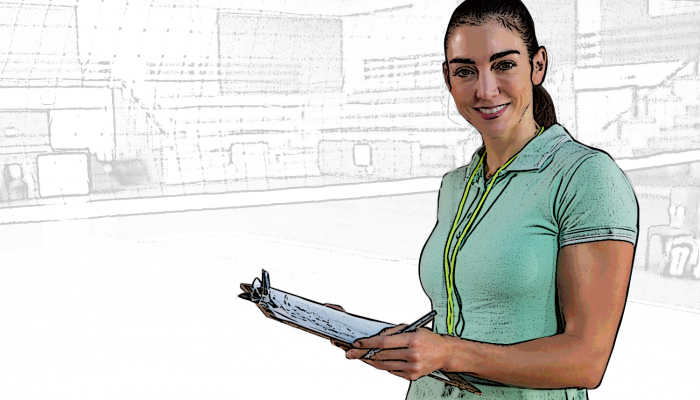As of this writing, 43 states have cancelled the remainder of the school year, putting an end to the 2020 spring sports season. This is devastating on many levels for the administrators, coaches, parents, and most importantly the student-athletes who looked so forward to the season.
While it might seem counterintuitive, the role of the coach is more important than ever in a cancelled season. This is the time to engage with athletes and the conversations can go way beyond game strategy. It is often said that a good coach will improve an athlete’s game, but a GREAT coach will change an athlete’s life.
Last week, my colleague Wayne McDonnell wrote a heartfelt piece remembering his high school baseball coach, Fred Gallo, who passed away as a result of Covid-19. Coach Gallo was a transformative coach who guided young men in the game of life using baseball as an opportunity to teach. He made an impact on Wayne’s life as well as the hundreds of other athletes who played for him.
This is a time and opportunity for all of us to be transformative.
So, how do you do that?
1. Engage. Whether your season is still a possibility or already cancelled, your kids need you. Have team meetings and engage them in conversation. Some of your athletes, not just seniors, might be concerned about the college recruiting process. Speak with them about ways in which they can begin to put together the game video that they might have as well as begin to write to college coaches and ask them how they are going about the recruiting process. In your role you can begin to guide them in this. This is an opportunity to enhance your relationships with players. Be a good listener and don’t make judgements. Another way to engage is to set up a “buddy system”. By matching teammates up they now have a responsibility to each other. This connectedness is vital at this time.
2. Team activities. Take the focus solely off the in-game season. Meet with team members in small groups via Zoom or Google Meet [Note: please be sure whatever communications platforms you use are approved by your district]. For example, a baseball coach could meet one day with pitchers and catchers to discuss those positions; another day meet with the infielders and the third day with the outfielders. You can discuss situations, what individual drills that they could do at home. Another option is to divide your team into smaller teams and challenge them with certain fitness activities. You might see which group, working as a team, can do the most push-ups in one minute. The players could video themselves doing the exercise and then compare the scores at a whole team meeting. This is a great way to keep them together and engaging with one another while your team is apart.
3. Build capacity in your team. While coaches are in the midst of their season they never feel that they have enough time to speak about their expectations for the character and culture of the team or to discuss leadership in players. Now is the time to do this. While the spring season might not happen, it is not the time to end communication. Use it as a time to build for the future. The discussions you have now will carry forward in your players, the seniors and younger classes. You don’t get the culture you want, you get the culture you build.
4. Take time to grow. While we are all facing this time at home it also gives us time to grow professionally. While every coach’s situation is different, based on home responsibilities, use the time you have to improve and grow. Read books and articles, watch videos, enroll in webinars, etc. The NCAA has recently revised their academic eligibility standards based on COVID-19. Go to the NCAA Eligibility Center’s website to see the guidelines. This will prepare you to provide guidance to your players and their parents. These circumstances are certainly unique but you can use this time to learn and grow.
We have complained that this generation of athletes does not work hard or that they only want to be on their cell phones and be connected. This quarantine has shown us that people yearn for in-person interactions. As coaches we can help our athletes by supporting them and connecting with them.
Keep in mind the old saying that “kids don’t care how much you know until they know how much you care.
Be sure to get everything from inCourage. Sign up today!


